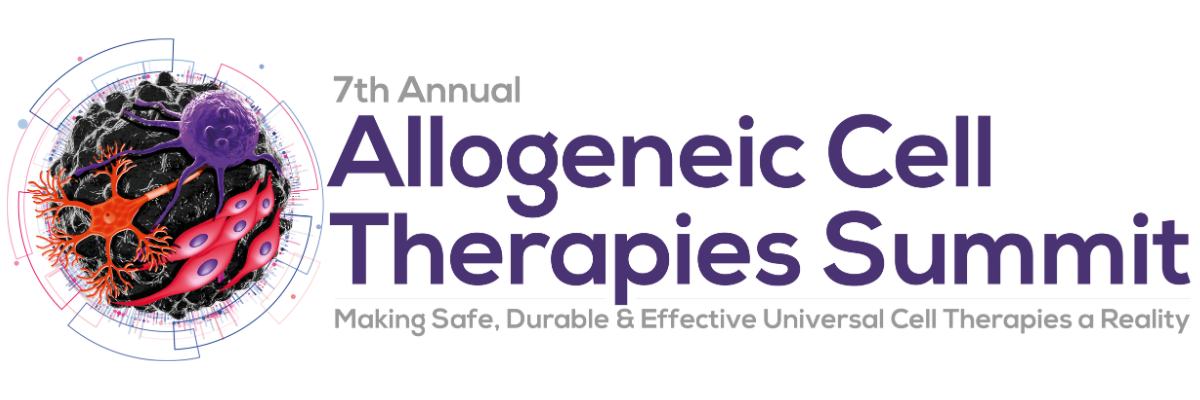Workshops include an extended presentation and a Q&A from each host, followed by deep discussion sessions to gain a more thorough understanding of the subject, allowing greater time for collaboration compared to the main day conference presentations.
8:00 am Check-In & Coffee
9:00 am Workshop A: Demystifying Fundamental Mechanisms of Allogeneic Rejection to Understand Immune Responses & Enhance Therapeutic Success
Synopsis
As a central hurdle in the field, allogeneic rejection is a complex process with little understanding of the mechanisms behind it. Here, participants will gain an understanding of the immune pathways involved in allogeneic rejection and discuss emerging research aimed at improving the viability and efficacy of allogeneic therapies.
Join this workshop to:
- Define the biological mechanisms behind allogeneic rejection, including immune system recognition, activation, and effector phases
- Explore the role of T-cells, natural killer cells, and antibody-mediated responses in allogeneic rejection
- Understand the major histocompatibility complex (MHC) and minor histocompatibility antigens (mHAs) and their roles in immune recognition of donor cells
- Review the latest research and potential future strategies for overcoming allogeneic rejection
12:00 pm Lunch Break & Networking
1:00 pm Workshop B: Consistency & Control in Cell Phenotypes: Ensuring Reliable Expansion for Scalable Manufacturing
Synopsis
As allogeneic developers prepare for pivotal scale-up, understanding how to maintain uniformity in cell characteristics becomes crucial. The workshop will explore the latest methodologies, technologies, and best practices for optimizing cell expansion processes.
Join this workshop to:
- Explore the complexities of achieving consistent cell phenotypes in the context of allogeneic therapies and understand the factors that contribute to variability
- Learn about the latest technologies and methods for isolating and purifying cells, balancing the need for consistency with the demands of time and cost
- Understand regulatory expectations for uniformity in cell manufacturing, and how these standards impact production processes
- Discuss the biological scaling challenges unique to cells, including how cell behavior changes when scaling from small batches to large-scale production
